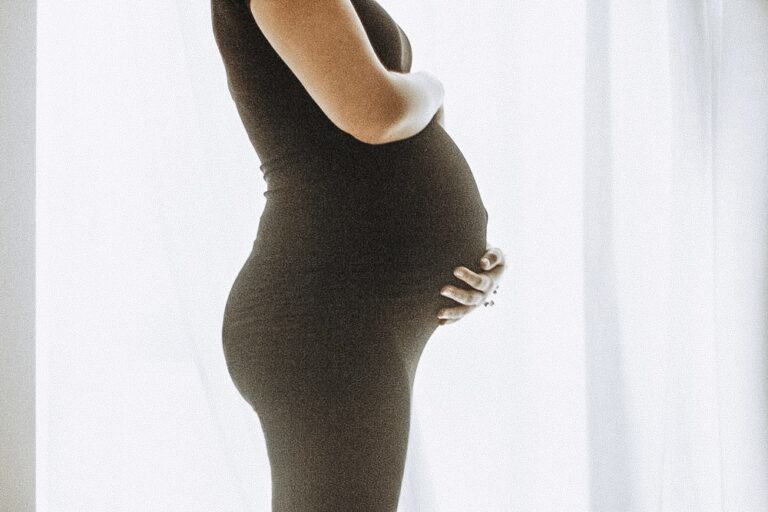What is an Immature Ovum?
As someone who has experienced egg donation firsthand and now helps others build their families through our donation program, I understand the crucial role egg maturity plays in fertility treatment. Let me share insights gained from both sides of the fertility journey – as a former donor and now as someone who guides others through this life-changing process.
What is an Immature Egg?
Egg maturity is something fertility clinics monitor carefully throughout the donation process. Through working with countless donors and recipients, I’ve seen how each egg needs to reach just the right stage of development before retrieval and fertilization. An immature egg isn’t ready for fertilization yet – timing and development are everything in this process.
When working with new donors, I explain how clinics monitor egg development through ultrasounds and blood work. They’re looking for eggs that have reached the perfect stage of maturity – not too early, not too late. This careful monitoring helps ensure the best possible outcomes for everyone involved.
Can Sperm Fertilize an Immature Egg?
This is one of the most common questions we hear from intended parents during consultations. The simple answer is no – immature eggs lack the necessary biological components to interact with sperm successfully. It’s why timing and monitoring are so crucial during the donation process. Our partner clinics carefully track each egg’s development to ensure they retrieve them at peak maturity.
How Many Eggs Are Women Born With?
The numbers often surprise people when we discuss egg supply during consultations. Women start with an impressive 1-2 million eggs at birth, but this number naturally decreases over time. By puberty, most have around 300,000-400,000 eggs remaining.
What’s particularly relevant for our donation program is that only about 300-400 eggs will naturally mature during a woman’s reproductive years. Through controlled stimulation during the donation process, we can help more eggs mature in a single cycle, maximizing the potential for successful outcomes.
Can Immature Eggs Be Released During Ovulation?
While immature eggs can be released during natural cycles, it’s not ideal for conception. This is precisely why fertility medication protocols are so important in donor cycles. The carefully planned stimulation helps ensure eggs reach optimal maturity before retrieval.
Our program works closely with clinics to monitor every step of egg development. Through regular ultrasounds and blood work, doctors can track follicle growth and hormone levels, adjusting medications as needed to achieve the best possible maturity rates.
Is There Treatment for Immature Eggs in Ovaries?
Modern fertility medicine offers several approaches to optimize egg maturity:
- Precisely timed medication protocols
- Careful monitoring of follicle development
- Strategic timing of trigger shots
- Advanced laboratory techniques
- Individualized treatment plans
The key is working with experienced fertility specialists who can tailor these approaches to each situation. Our agency partners with clinics that have extensive experience in managing egg maturity for optimal outcomes.
Taking the Next Step
Understanding egg maturity is crucial whether you’re considering becoming a donor or exploring egg donation to build your family. Every journey is unique, but having the right information and support makes all the difference.
Our agency brings together medical expertise, personal understanding, and years of experience helping families through the egg donation process. If you’re considering egg donation – as either a donor or recipient – we’re here to help guide you through each step with the care and expertise your journey deserves.
Want to learn more about egg donation or discuss your options? Reach out to our team. We’re here to answer your questions and help you understand the possibilities ahead.







